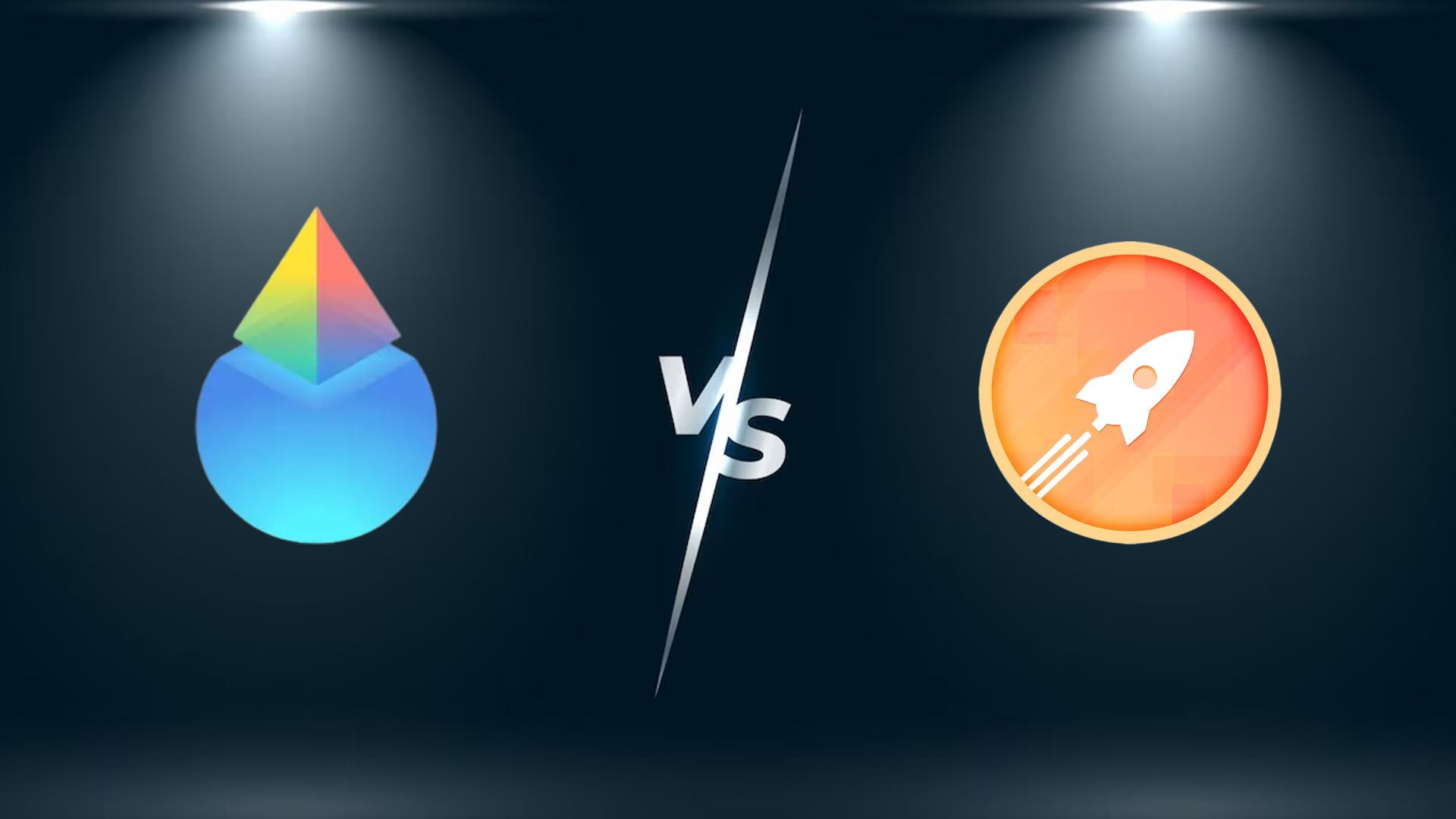- Lido is a popular liquid staking protocol that provides easy methods in terms of ETH staking.
- Rocket Pool provides staking rewards while focusing on decentralization and trustlessness.
Lido and Rocket Pool are both liquid staking protocols based on Ethereum. They work in terms of ETH staking, along with rewards and incentives. It helps users stake their assets and get tokens like stETH and rETH for platform governance. Emerging blockchain also comes with its own limitations, which these solutions try to provide for users who can’t launch their own validators.
What is Liquid Staking?
Liquid staking is an emerging solution for token locking while contributing to the proof-of-stake (PoS) security of blockchains. It’s a blockchain solution that allows users to stake directly on an Ethereum-like proof-of-stake (PoS) network with a liquid staking token (LST). These are programmatically minted by the protocols that provide access to liquidity when a user stakes their asset or token.
This type of staking enables token holders to stake their token and receive a receipt on its behalf; it is commonly known as a liquid staking token (LST). This helps to prove ownership of their staked asset. Furthermore, these LSTs can be sent, stored, invested, and used for trading and other activities in DeFi supported DApps. Staking allows the locking of crypto assets for a fixed time interval in return for yields.
What is Lido?
Lido (LDO) is a liquid staking solution for cryptocurrencies that are based on a proof-of-stake (PoS) consensus mechanism. It supports post-Ethereum Merge versions as well as L1 blockchains like Solana, Polkadot, and many more. To leverage decentralized governance, this network initiated a decentralized autonomous organization (DAO), which helps take key decisions for this protocol’s governance. This helps the protocol keep up with stakeholders’ goals and interests to maintain transparency. It utilizes stETH, similar to any other ERC-20 based token.
What is a Rocket Pool?
It’s also a liquid staking protocol based on Ethereum. This protocol’s primary goal is to build a platform that focuses on decentralization and trustlessness. Rocket Pool’s system of staking utilizes a token named rETH, which represents Ether staked by individuals. Similar to stETH, rETH tokens can be independently used on the Ethereum blockchain or can be redeemed on behalf of ether.
This protocol also has an additional token called RPL. The RPL token is utilized in the protocol’s governance. It can be used as collateral for Pool validators, which provides the protocol with a method to address poor performing validators.
Comparing Lido vs Rocket Pool
The Lido platform offers tokenized staking, where users receive a stETH token, which represents their staked ERC-20 asset. This token is used to trade and is used in DeFi applications. Its DAO depends on a network of liquidity providers for transaction validation. It allows users to stake their claim independently of size. It has a decentralized autonomous organization (DAO) community-driven structure where holders make decisions on the LDO token.
On the other hand, Rocket Pool aims for staking without tokenization. The Node Operator Network of Rocketpool incentivizes holders to become node operators by contributing their own architecture to this pool network themselves. It offers minimum stake requirements, which differentiate between small traders and whales. This allows to stake any amount of ETH. The governance models of Rocketpool use its native token (RPL) for the protocol’s governance while giving voting rights to token holders for decision making.
Conclusion
Both Lido and Rocket Pool have their own unique features. Meanwhile, both platforms are meant to provide liquid staking. If someone is deeply concerned about decentralization, then Rocket Pool is the better option to strengthen the Ethereum network. Lido is a better option for those, who are willing to make a profit with it. Currently, stETH is providing high liquidity compared to rETH tokens.


